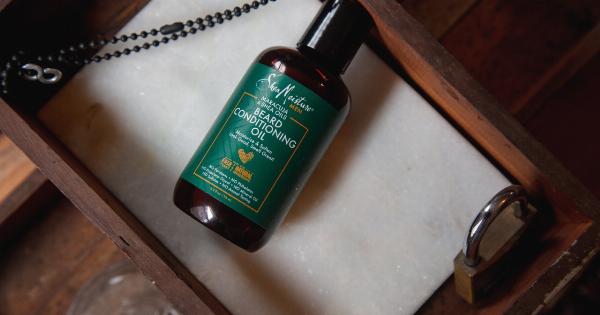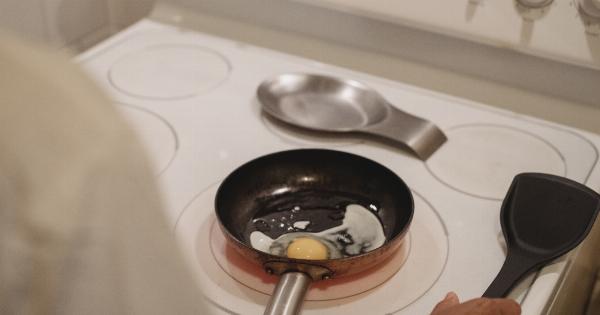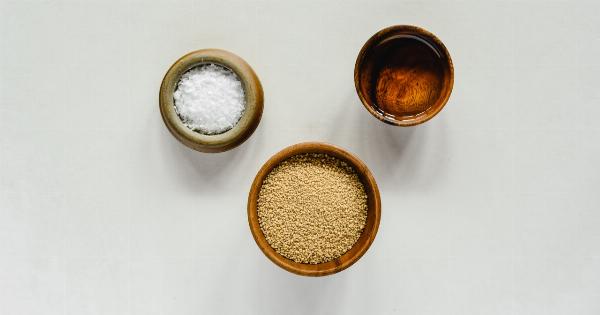Hair infections are a common problem that can occur due to various reasons such as poor hygiene, fungal or bacterial infections, hormonal imbalances, and autoimmune diseases. These infections can cause hair loss, itching, and pain in the scalp.
Here are some expert guidance on how to prevent hair infections:.
1. Avoid Sharing Hair Accessories
Sharing hair accessories such as combs, brushes, and hair ties can lead to the spread of infections from one person to another. Make sure to use your own personal hair accessories and avoid sharing them with others.
2. Keep Your Scalp Clean
Cleanliness is important to prevent hair infections. Make sure to wash your hair and scalp regularly with a gentle shampoo and warm water. Avoid using harsh shampoos or hair products that contain chemicals that may irritate the scalp.
You can also use a vinegar rinse to remove any buildup of oils and dirt on your scalp.
3. Protect Your Hair From Chemicals and Heat
Avoid using chemical treatments or hair dyes that can damage your hair and scalp. Also, limit the use of styling tools such as flat irons, curling irons, and blow dryers that can cause heat damage to your hair and scalp.
If you must use styling tools, use heat protectant sprays to protect your hair from damage.
4. Maintain Good Hygiene
Good hygiene is essential to prevent hair infections. Make sure to wash your hands regularly and avoid touching your scalp with dirty hands. Also, avoid scratching your scalp as it can lead to the spread of bacteria and fungi.
5. Treat Existing Infections Promptly
If you notice any signs of a hair infection such as itching, swollen scalp, or hair loss, it is important to seek medical attention immediately. Early treatment can prevent the infection from spreading and causing further damage to your hair and scalp.
6. Use a Healthy Diet to Promote Hair Growth
Eating a healthy diet with plenty of protein, vitamins, and minerals can help promote hair growth and prevent hair infections. Foods that are rich in B vitamins, such as fish, eggs, and leafy greens, can help strengthen your hair and prevent hair loss.
7. Keep Your Hair and Scalp Moisturized
Dry, brittle hair and an itchy scalp make it easier for infections to occur. Keep your hair and scalp moisturized by applying natural oils such as coconut oil or argan oil.
These oils can also help protect your hair from damage caused by heat styling and chemicals.
8. Use Protective Hairstyles
If you have long hair, consider keeping it in a protective hairstyle such as braids or a bun. This will help prevent your hair from getting tangled and damaged and also reduce the risk of infections.
9. Seek Professional Help
If you are experiencing persistent hair infections despite following good hygiene practices, it is best to seek professional help from a qualified dermatologist.
They can evaluate your condition and provide you with the right treatment to prevent further hair damage and infections.
10. Stay Stress-free
Stress can cause hormonal imbalances that can lead to hair loss and infections. Practice stress-relieving techniques such as meditation, yoga, or deep breathing to stay calm and reduce the risk of hair infections.






























